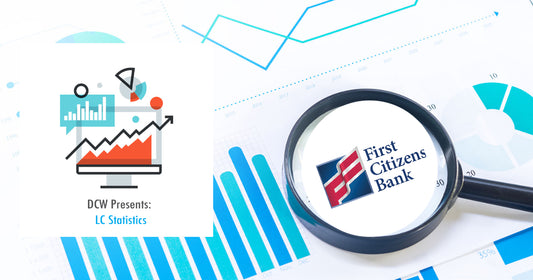Categories
- Anti Money Laundering
- authenticated
- automatic extension
- bill of lading
- compliance
- Counter Terrorist Financing
- extension
- financial crime
- Financial Guarantee
- Guarantee
- Independent Guarantee
- Iran
- ISP98
- LC
- LC Law
- LC Statistics
- Red Flags
- Sanctions
- Standby LC
- SWIFT
- Trade Based Financial Crime Compliance
- tranport documents
- UCP500
- UCP600
- wrongful dishonor
Do Free Trade Zones encourage Money Laundering?
In its July 2019 report “on the assessment of the risk of money laundering and terrorist financing affecting the internal market and relating to cross-border activities”, the European Commission identified 47 products and services as potentially vulnerable to money laundering or terrorist financing. Of seven products and services added to the report since its previous release in 2017, the EU cautioned that free ports, while lawful, may be misused and pose risks as to counterfeiting, illegal re-exporting, fraud, and ML.
Free Trade and Brexit
The merits and minuses of reliance on free ports, also referred to as free-trade zones, may well emerge as a hotly debated topic amid the prolonged Brexit uncertainty. Although the UK government discontinued use of free trade zones in 2012, media reports have suggested that UK Prime Minister Boris Johnson favors establishment of free trade zones.
-
More on Money Laundering
For more on AML topics, view the IIBLP post about AML topics in 2019. IIBLP is also partnered with the London Institute of Banking and Finance and Coastline Solutions to offer the Certificate in Trade Finance Compliance, which offers the most complete training programme in Anti Money Laundering from the perspective of trade. You can learn more about the certificate programme here. Free information is also available from FATF and other organizations.
Finally, Trade Based Financial Crime Compliance, the industry's only volume specifically dedicated to the intersection of trade finance and compliance, offers an entire chapter on Anti Money Laundering.




